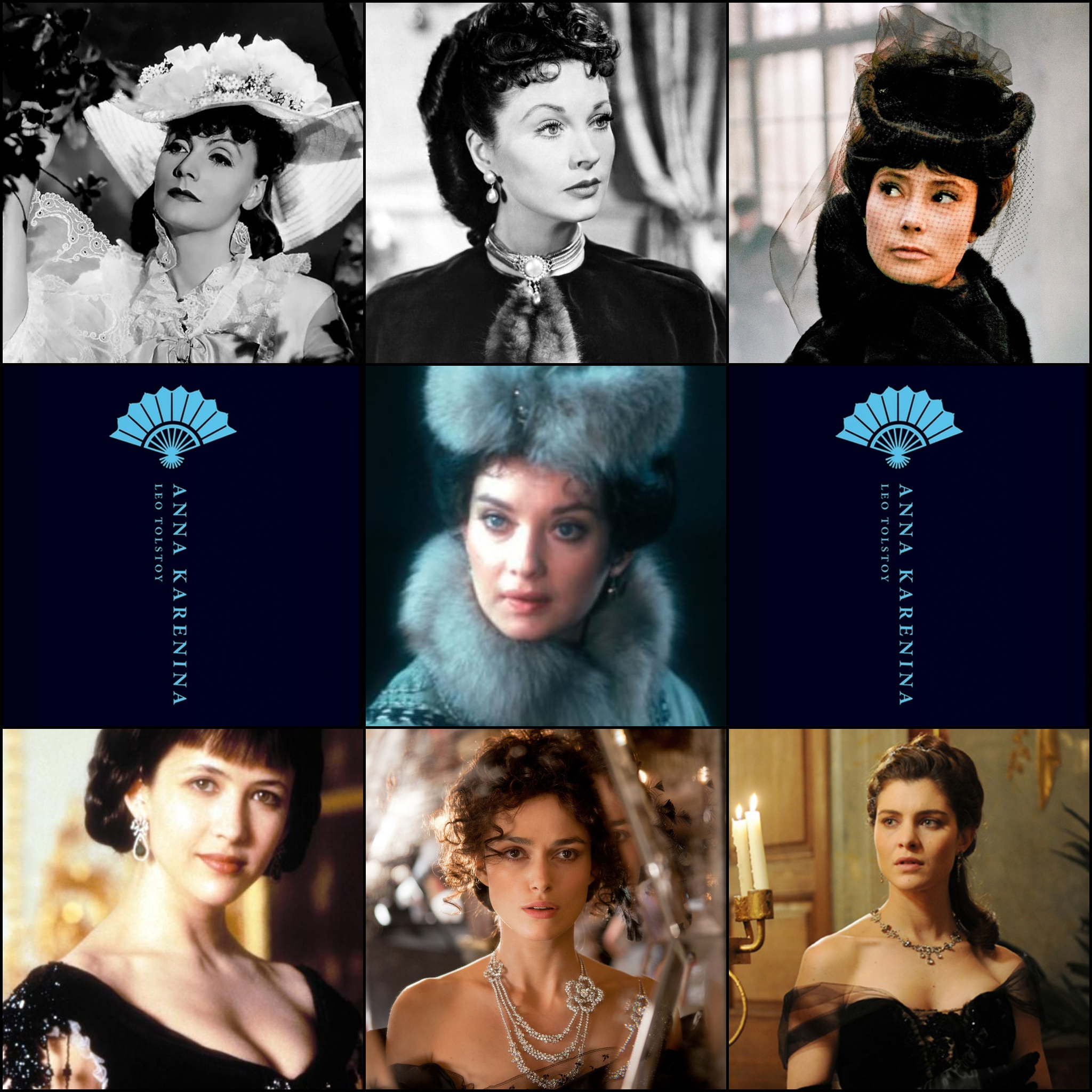1/ First, some context: the Oresteia was first performed in 458 BC. Agamemnon is about the murder of Agamemnon by his wife Clytemnestra, or Klytaimestra in my copy (Michael Ewans uses Greek transliterations rather than Latinised or Anglicised versions). The Libation Bearers is about the murder of Klytaimestra by her son Orestes. Eumenides is about the trial of Orestes.
The killing of Klytaimestra is the subject of two other plays: we don’t know when Sophocles wrote Electra (or Elektra), scholars date it around 420–414 BC; Euripides’s Electra was written in the mid-410s BC.
The fascinating thing about reading ancient Greek drama, which I don’t get from Elizabethan and Jacobean drama, is that I can watch these great playwrights play with the same myths, and respond to each other.
2/ Of about 300 known tragedies, only 32 complete plays survive from ancient Greece. I wonder how many of the plays back then were about the Trojan war or the murder of Klytaimestra, or it just so happened that quite a few plays that survived were about these subjects.
“ELDERS […] and all through Greece a woman waits at home
with patient sorrow in her heart
for each of those who went to Troy.
Many things touch their feelings:
each one knows the person she sent out;
instead of him
a pot of ashes comes back home.
The god of War’s a money-changer, dealing in bodies;
he lifts his scales in the combat of spears
and from the funeral fires of Ilion
he sends the relatives
the heavy dust for which they’ll weep
cramming the urns with ashes
easy stowed
in place of men.
Then they lament: this one
they praise – he was well skilled in fighting;
this one died nobly, as the battle raged
–but all for someone else’s wife…”
Euripides’s The Women of Troy is also about the destruction of war, and it focuses on women.
3/ It’s fascinating to read Aeschylus after Sophocles and Euripides, and see how different he is: he uses the chorus a lot more. In performance it’s probably different, I know much of the chorus is sung; read, Agamemnon often feels more like a poem than a play.
It’s very quotable though. Lots of good passages.
“ELDERS […] Among the worst of men
an ancient Violence always breeds
a new, young Violence at some time
or other, when the day comes round
appointed for its birth;
the goddess who cannot be fought,
unholy daring of black Ruin on the halls,
the very image of its parents.”
Or:
“ELDERS Tell me, why does this
persistent fear
hover in front of my prophetic heart?
My song is full of prophecies,
unbidden and unpaid,
and my heart doesn’t have the daring and the trust
to spit away their meaning like
a dream of doubtful outcome.
Ruin passed its prime when mooring-ropes
were cast back on the sand, and our fleet sailed
for Ilion.”
This is the moment after Agamemnon has been killed:
“ELDERS […] Oh, my king, my king,
how shall I weep for you?
What can my loving heart tell you?
You lie here in this woven spider’s web
breathing your life away murdered outrageously,
trapped like a slave,
tamed to a treacherous death,
struck by her double-sided sword.”
The cycle of violence is the central theme of the play, but Aeschylus picks Kassandra as the voice of terror and suffering—Paris steals Menalaos’s wife Helen; Menalaos and his brother Agamemnon then attack Troy; feeling pity for Troy, Artemis makes Agamemnon sacrifice his daughter Iphigeneia; Klytaimestra kills Agamemnon to avenge the killing of her daughter; she herself will pay for that murder with her own death—it is a cycle of violence, but what does Kassandra, like many others in the Trojan war, have to do with any of this?
4/ I’ve noted some of the bird imagery. Kassandra, a slave from Troy, wishes her fate to be like a nightingale’s (“a feathered shape and a sweet life free from pain”); Klytaimestra compares Kassandra in her last moments to a swan, singing “her funeral lament”; an Elder (in the chorus) compares Klytaimestra to “a hostile crow”, who “glories in her tuneless, bitter song.”
5/ Here’s something else interesting: in this play, Artemis demands Agamemnon to sacrifice Iphigeneia “in pity for the wretched”, as Agamemnon leads the ships attacking Troy.
Sophocles changes that detail in Electra:
“ELECTRA […] My father once, they tell me, hunting in
A forest that was sacred to the goddess,
Started an antlered stag. He aimed, and shot it,
Then made a foolish boast, of such a kind
As angered Artemis. Therefore she held up
The fleet, to make my father sacrifice
His daughter to her in requital for
The stag he’d killed…”
(translated by H. D. F. Kitto)
This changes matters: Artemis appears frivolous and petty, and the killing of Agamemnon becomes in a way more justifiable.
6/ Whilst reading these plays, I’ve also been reading A Guide to Greek Theatre and Drama by Kenneth McLeish, which is probably not of much use to those of you familiar with ancient Greek drama but which is extremely helpful to me.
This is interesting:
“[Aeschylus’s] drama is not one of consecutive narrative (of the kind which predominates in Sophocles’ and Euripides’ surviving plays, where action is continuous) but of a systematic alteration of focus, pulling away from intimacy to reveal the wider perspective, and then closing back on another specific instance and another confrontation. In pre-Aeschylean drama, the hero’s main action might have been the subject of an entire play; in Aeschylus it is shown to be part of a much larger ‘action,’ of wider significance than the fate of a single individual.”
This is true. The plays of Sophocles and Euripides that I’ve read (except for The Women of Troy) are about the main characters; Agamemnon is different, even Kassandra is part of the bigger picture.





